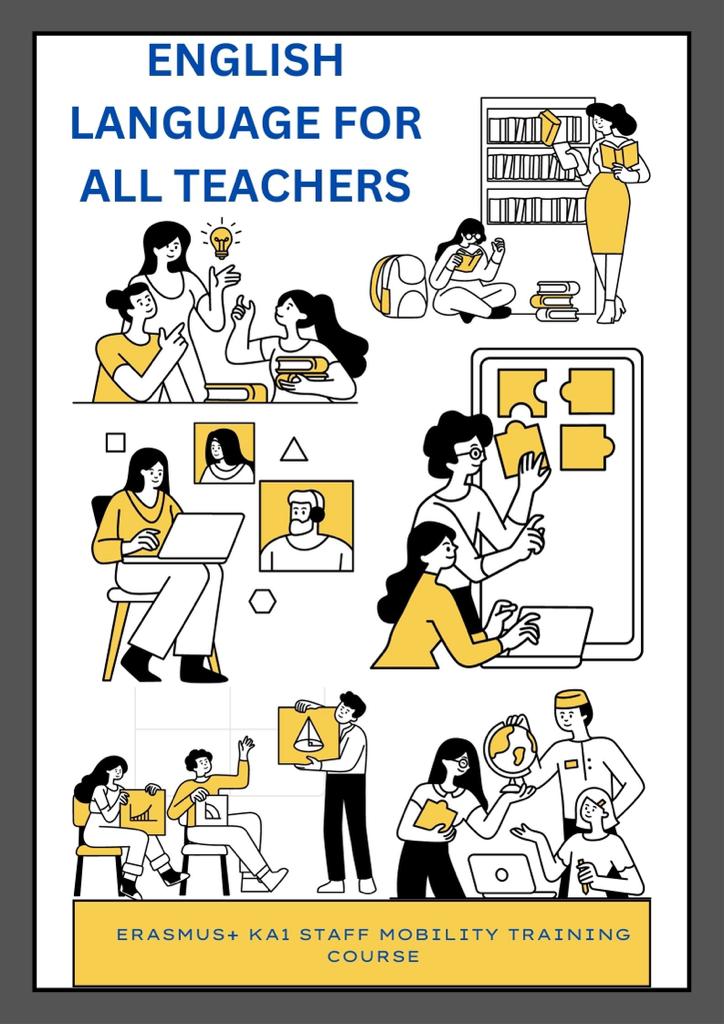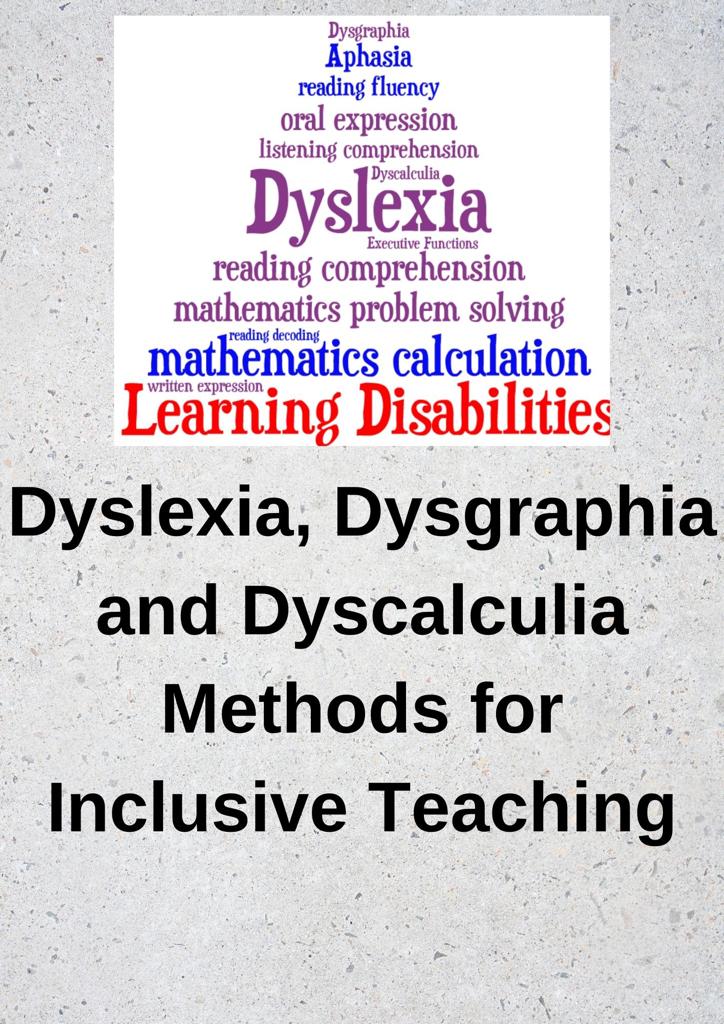| Course Description | This Erasmus+ staff training course on online teaching strategies is specifically designed for teachers who have some prior experience in teaching and are interested in learning how to teach online effectively. Participants should have basic computer skills and be comfortable using the internet and digital tools.
The course is suitable for teachers from primary, secondary, and higher education institutions, including universities and vocational schools. The course is designed to cater to the needs of educators from diverse fields, including but not limited to language teaching, STEM education, humanities, and social sciences. Participants should have a strong desire to enhance their skills in online teaching and be willing to engage in active learning and discussions. They should also have the willingness to experiment with new teaching methodologies and strategies and be open to feedback and constructive criticism. Upon completion of the course, participants will have gained valuable knowledge and skills in designing, delivering, and assessing effective online courses. They will be able to create engaging online learning experiences, facilitate discussions and collaboration, and evaluate student learning effectively in a virtual environment. |
| Methodologies Of The Course | The course will incorporate a variety of active and participatory learning methods, such as group discussions, role-playing, case studies, and problem-based learning. These activities will be designed to enable participants to apply online teaching strategies to their face-to-face teaching.
The course will also use multimedia resources, such as videos, slideshows, and other visual aids, to enhance the learning experience and facilitate understanding of the concepts. Participants will be provided with handouts and other relevant materials that they can refer to during and after the course. In addition, the course will include opportunities for feedback and reflection, where participants can receive feedback from their peers and the instructor, and reflect on their learning experiences. Overall, the methodologies used in this course will be designed to provide participants with a comprehensive understanding of online teaching strategies and equip them with the skills and knowledge needed to effectively teach in both online and face-to-face environments. |
|
Learning Outcomes |
Upon completion of this Erasmus+ staff training course on online teaching strategies, participants will be able to:
1. Apply effective online teaching strategies in their teaching practices, including designing and delivering engaging online learning experiences that facilitate active learning. 2. Utilize a variety of online tools and resources to support their teaching, including learning management systems, multimedia resources, and online collaboration tools. 3. Apply best practices for designing and delivering synchronous and asynchronous online learning activities. 4. Design and implement assessments that align with the learning objectives and are suitable for the online learning environment. 5. Evaluate the effectiveness of their online teaching practices and identify areas for improvement. 6. Collaborate with peers to develop online courses that integrate effective teaching strategies, assessments, and online tools. 7. Apply their knowledge and skills to adapt to the changing needs and demands of online teaching. |
| Language | English |
| Duration | 5 Days |
| Type of Certification Awarded |
|
Schedule of the activities
|
Online Meeting Program |
|
| Day 1 |
|
| Day 2 |
|
| Day 3 |
|
| Day 4 |
|
| Day 5 |
|
| Online Meeting Program | Dissemination |
| Course Fee | The course fee is 80 Euros per participant per day.
This fee does not cover some expenses like accommodation or travel etc. Costs covering enrolment fees for staff mobility format ‘Courses and training’. ( Source: Erasmus+ Program Guide) |
You can also make requests for different dates and locations when filling out the pre-registration form, aside from the planned program.
|
PLANNED |
İstanbul, Türkiye
1. May 13-17, 2024 2. July 08-12, 2024 3. September 02-06, 2024 4. November 04-08, 2024
Antalya, Türkiye 1. June 03-07, 2024 2. August 05-09, 2024 3. October 07-11, 2024 4. December 02-06, 2024
Rome, Italy 1. June 10-14, 2024 2. August 12-16, 2024 3. October 14-18, 2024 4. December 09-13, 2024
Barcelona, Spain 1. June 17-21, 2024 2. August 19-23, 2024 3. October 21-25, 2024 4. December 16-20, 2024
Paris, France 1. June 24-28, 2024 2. August 26-30, 2024 3. October 28-November 01, 2024 4. December 23-27, 2024
Prague, Czech Republic 1. July 01-05, 2024 2. September 09-13, 2024 3. November 11-15, 2024 4. January 06-10, 2025
Thessaloniki, Greece 1. July 08-12, 2024 2. September 16-20, 2024 3. November 18-22, 2024 4. January 20-24, 2025
Lisbon, Portugal 1. July 15-19, 2024 2. September 23-27, 2024 3. November 25-29, 2024 4. January 27-31, 2025 |
Begin your professional development journey with our specialized Erasmus+ staff training course: “Online Teaching Strategies”. Tailored for educators with prior teaching experience, this course is your gateway to mastering effective online teaching methods.
Ideal for teachers across primary, secondary, and higher education settings, including universities and vocational schools, our course caters to diverse educational fields. Whether you specialize in language teaching, STEM education, humanities, or social sciences, our comprehensive Erasmus+ Ka1 course equips you with the necessary tools to excel in the digital classroom.
Join us and elevate your online teaching skills. Prioritize your professional growth and adaptability in the ever-evolving landscape of education. Enroll in our Erasmus+ staff training course!





















